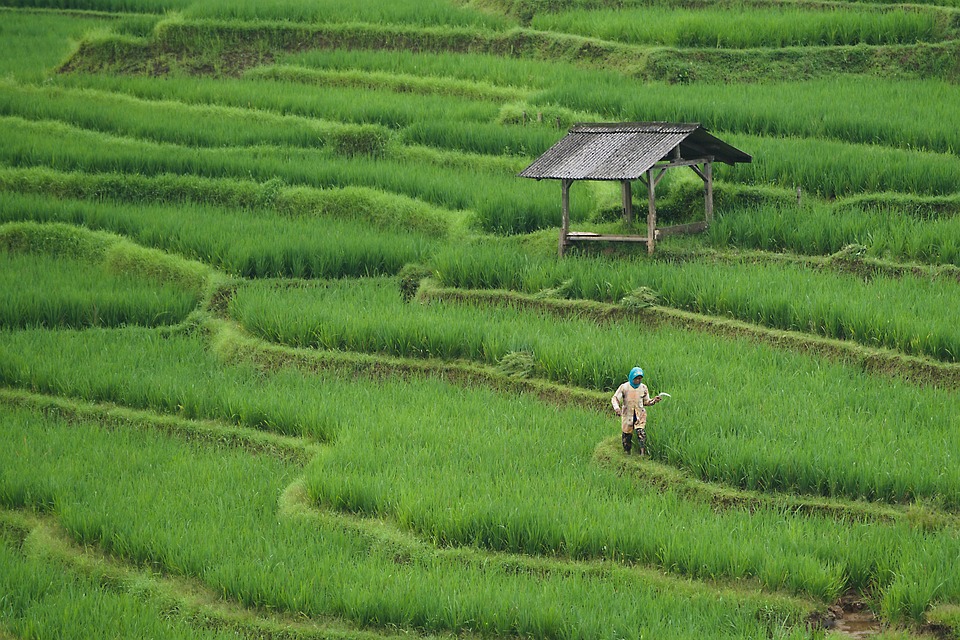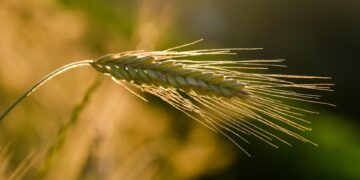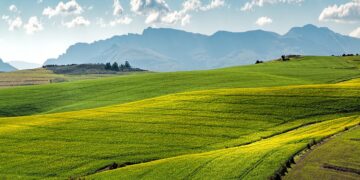[ad_1]
Preserving Our Roots: The Importance of Soil Conservation
Soil is a vital natural resource that plays a crucial role in sustaining life on Earth. It serves as a foundation for plant growth, a habitat for countless organisms, and a key component of the water cycle. However, the health of our soil is under threat due to various factors such as erosion, pollution, and unsustainable agricultural practices. In this article, we will explore the importance of soil conservation and why it is essential for preserving our roots.
What is Soil Conservation?
Soil conservation is the practice of preventing soil erosion and degradation to maintain the productivity and health of the soil. It involves implementing sustainable land management practices that help protect the soil from erosion, improve its fertility, and preserve its structure. Soil conservation measures can include techniques such as contour plowing, crop rotation, cover cropping, and the use of conservation tillage methods.
Why is Soil Conservation Important?
Soil conservation is important for several reasons. Firstly, healthy soil is essential for supporting plant growth and providing nutrients for crops. Without fertile soil, farmers would struggle to produce food, leading to food shortages and higher prices. Secondly, soil plays a crucial role in regulating the water cycle by absorbing and storing water, which helps prevent flooding and droughts. Lastly, soil is a habitat for a diverse range of organisms, from earthworms to microorganisms, that are essential for maintaining soil health and fertility.
The Threats to Our Soil
Despite the importance of soil conservation, our soil is facing numerous threats that are putting its health and productivity at risk. One of the main threats is soil erosion, which occurs when the topsoil is washed or blown away by wind and water. Erosion can lead to loss of soil fertility, reduced crop yields, and increased sedimentation in water bodies. Pollution from agricultural chemicals, industrial waste, and urban runoff is another major threat to soil health, as it can contaminate the soil and harm both plants and animals. Additionally, unsustainable agricultural practices such as overgrazing, monoculture farming, and excessive tillage can degrade the soil and reduce its productivity over time.
The Benefits of Soil Conservation
Implementing soil conservation practices can bring a wide range of benefits to both the environment and society. By reducing soil erosion, farmers can protect their land from degradation and maintain its productivity for future generations. Healthy soil can also help mitigate the effects of climate change by sequestering carbon and reducing greenhouse gas emissions. In addition, soil conservation can improve water quality by reducing sedimentation and pollution runoff into water bodies. By preserving our soil, we can ensure a sustainable future for agriculture, food security, and ecosystem health.
How You Can Help
There are several ways that individuals can contribute to soil conservation efforts and help protect our precious soil resources. One simple way is to practice sustainable gardening techniques at home, such as composting, mulching, and using native plants. By reducing the use of chemical fertilizers and pesticides, you can help prevent soil pollution and promote soil health. Supporting local farmers who use sustainable farming practices can also make a difference by encouraging responsible land management and soil conservation. Lastly, spreading awareness about the importance of soil conservation and advocating for policies that promote sustainable agriculture can help drive positive change at a larger scale.
Conclusion
In conclusion, soil conservation is essential for preserving our roots and ensuring the health and productivity of our soil for future generations. By implementing sustainable land management practices and supporting soil conservation efforts, we can protect our soil from erosion, pollution, and degradation. Healthy soil is the foundation of life on Earth, and it is crucial that we take action to preserve this precious resource. By working together to protect our soil, we can create a more sustainable and resilient future for agriculture, food security, and the environment.
[ad_2]







